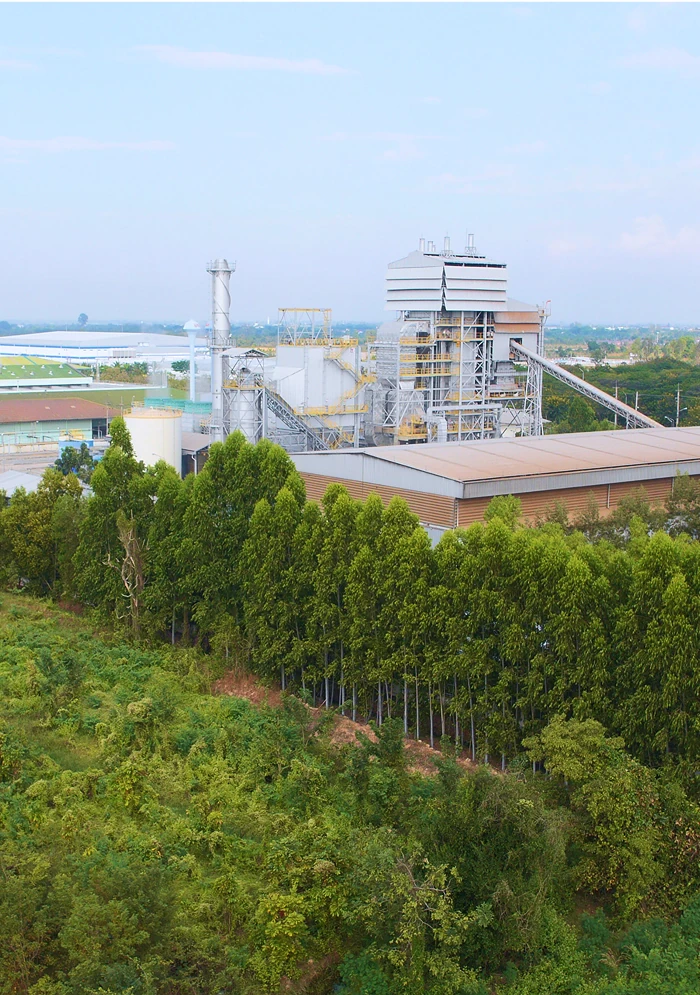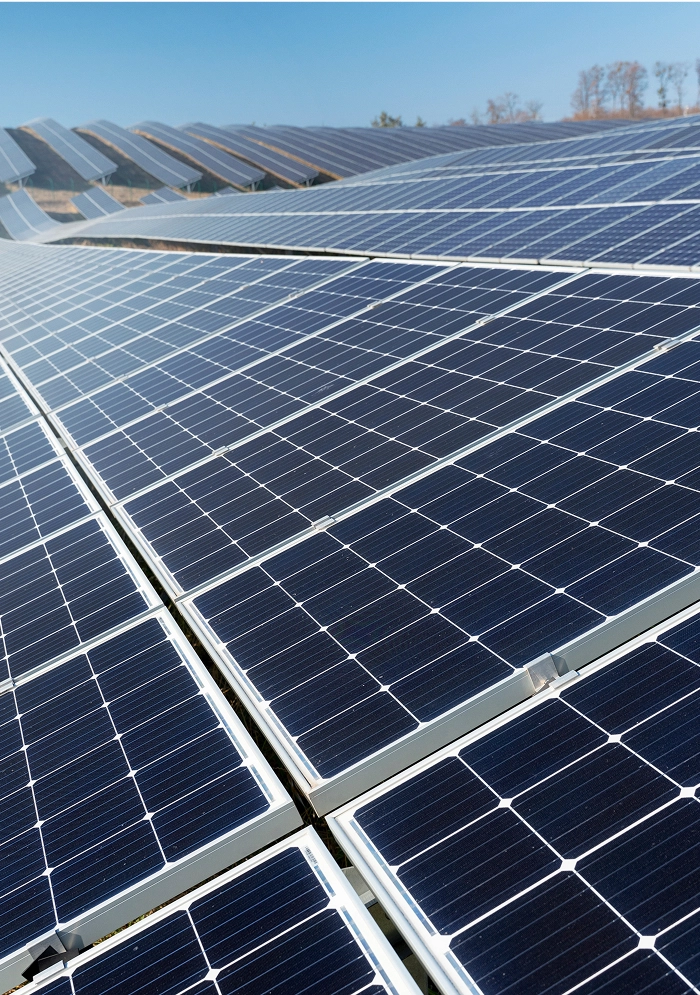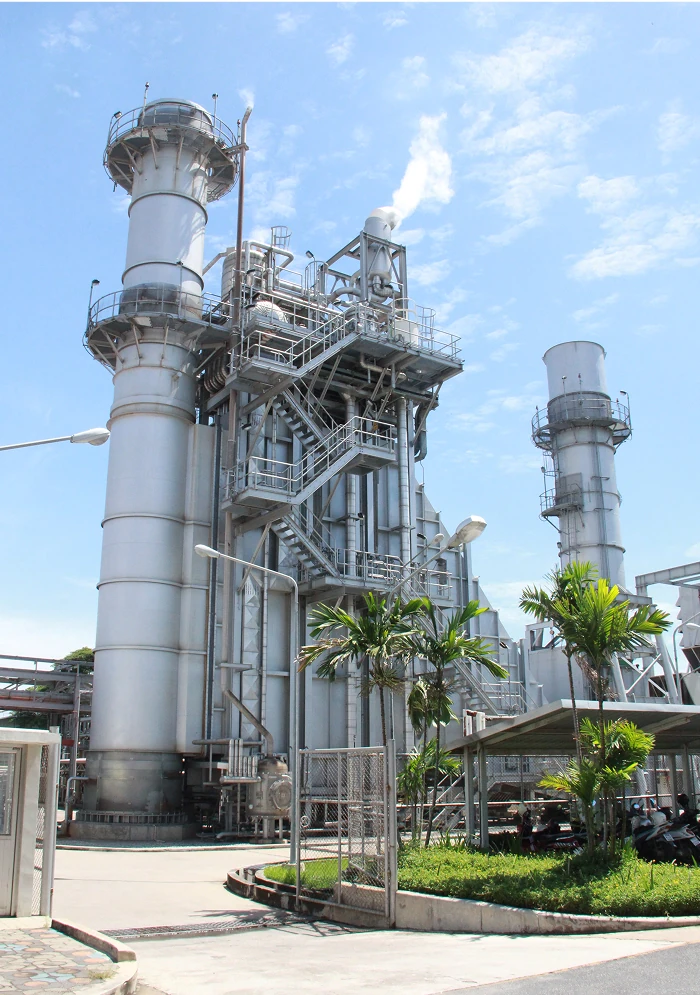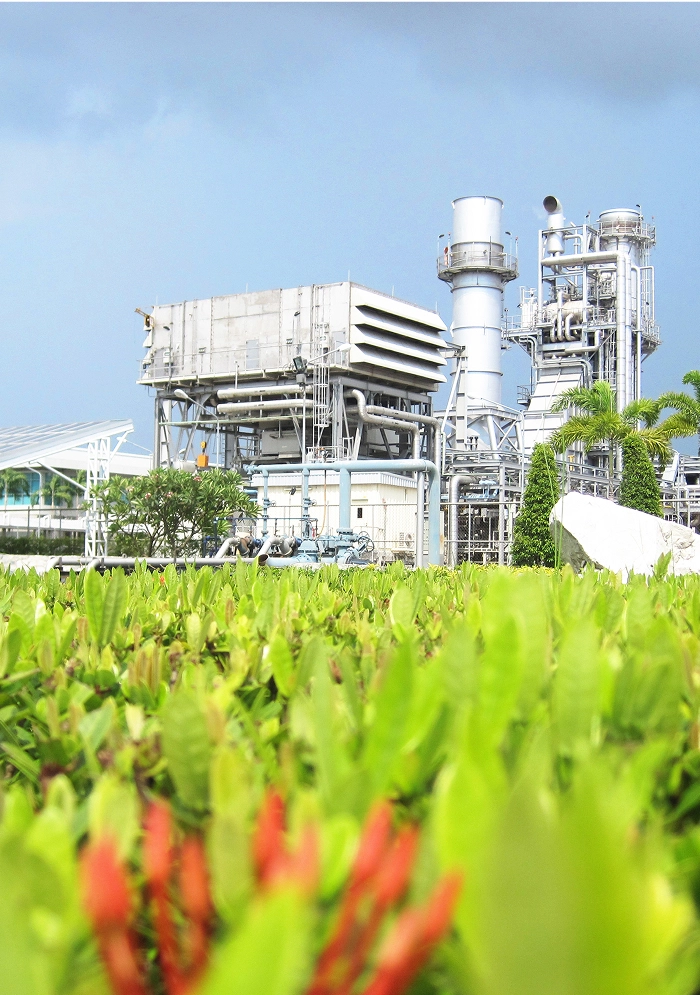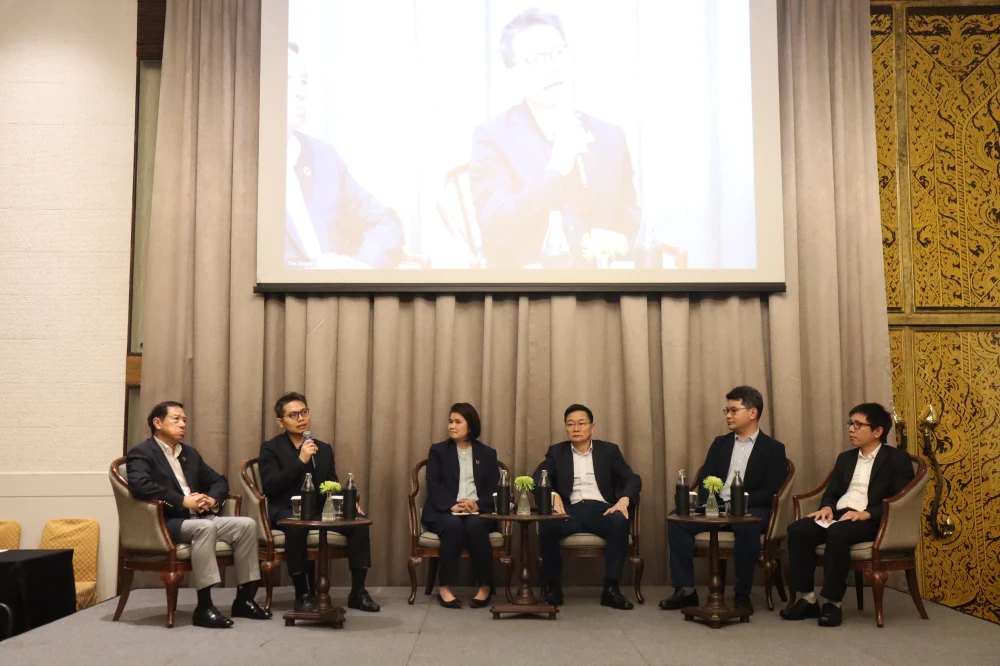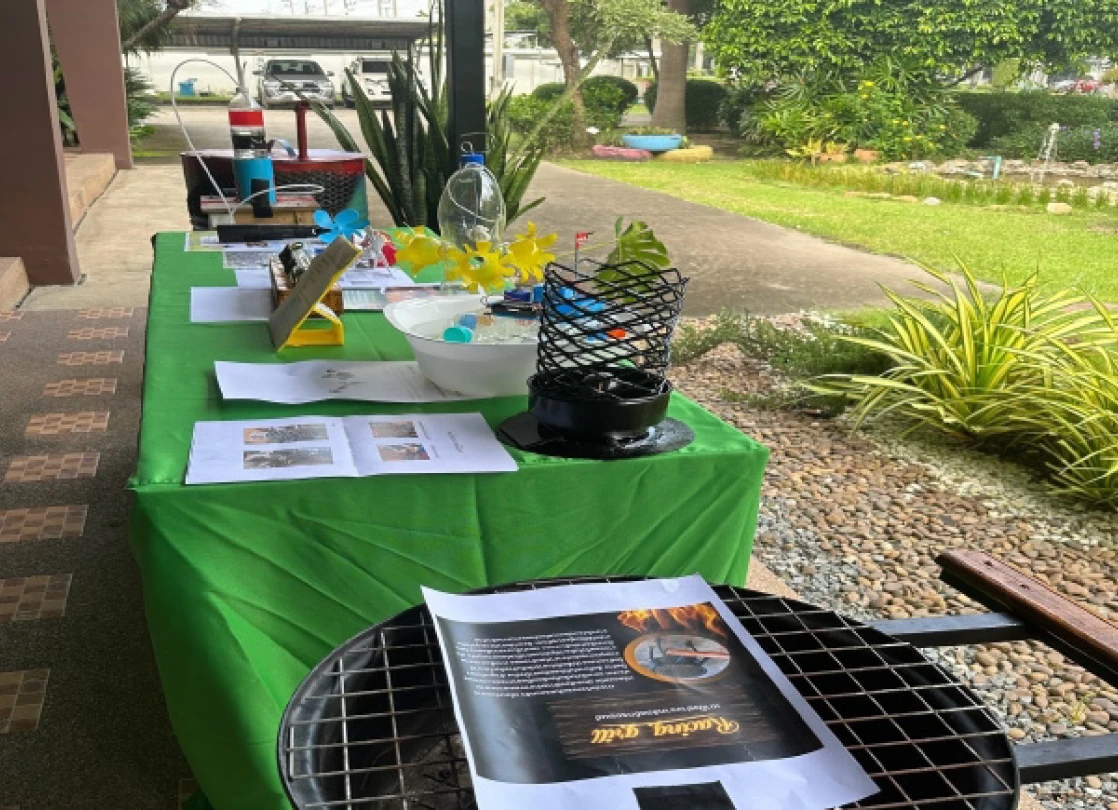Innovation for Sustainability

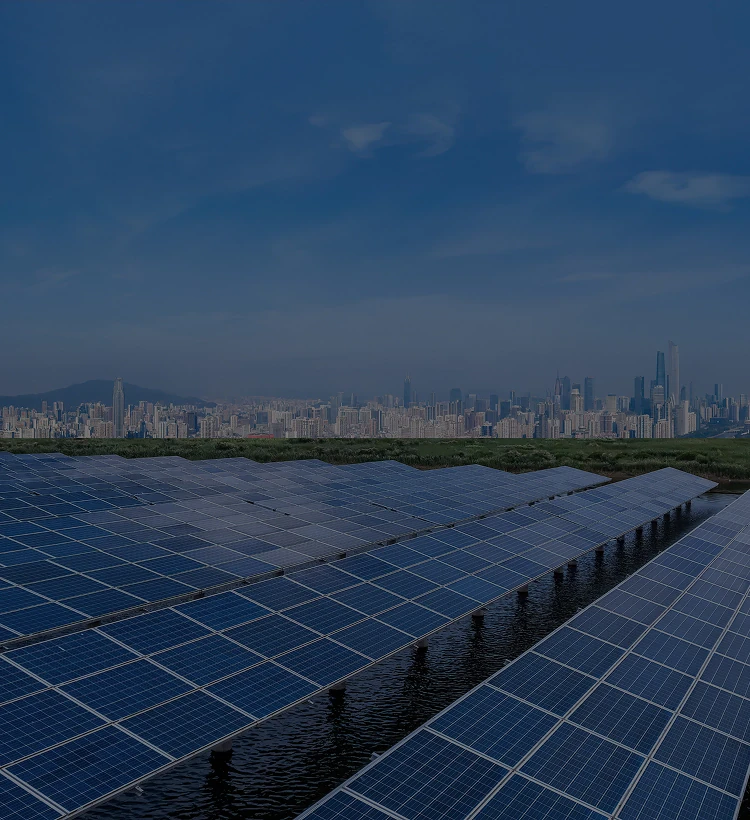
Supporting the SDGs Goals
Goal 7:
Goal 8:
Goal 9:
Goal 11:
Challenges and Opportunities
Ratch Pathana and affiliates deeply committed to fostering and driving innovation by integrating cutting-edge solutions into our operations. This approach enhances efficiency, strengthens our competitive edge, and underpins the organization’s sustainable growth. A key strategic focus is "the research and development of green energy."
To address the evolving dynamics of the energy sector. We actively promote the adoption of clean energy, minimize environmental impacts, and encourage the efficient use of resources.
In addition, we prioritize research and development initiatives through collaboration with local communities, government agencies, and academic institutions. These partnerships aim to explore ways to boost productivity and transform waste materials from our production processes into new, valuable products. This not only advances the circular economy but also significantly reduces waste generation, reinforcing our commitment to responsible and sustainable business practices.
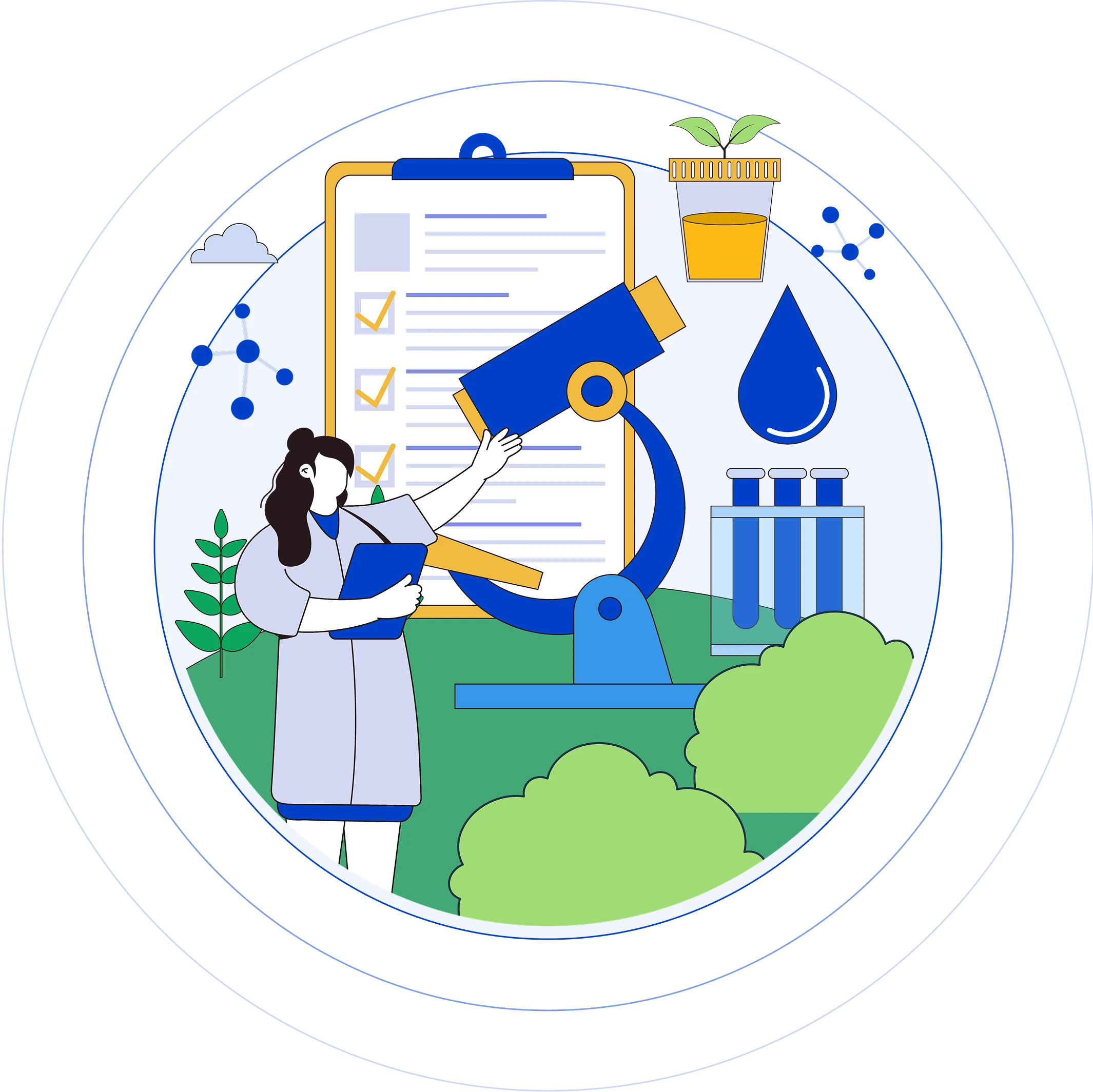
Management Approach and Value Creation
Process of Developing and Promoting Organizational Culture
The company places a strong emphasis on innovation and fostering a corporate culture that supports sustainability. By integrating cutting-edge technologies into operations, the company enhances energy production efficiency, minimizes environmental impact, and generates value for society.
Innovation Development and Promotion
| Process of Developing and Promoting Organizational Culture | Benefits | Cost (Baht) |
|---|---|---|
| Energy | ||
|
|
Non |
| Information Technology | ||
|
|
2,996,768 |
| Other | ||
|
|
Non |
